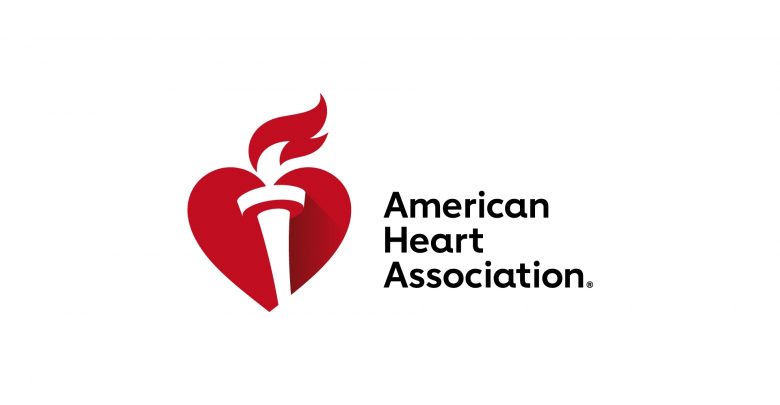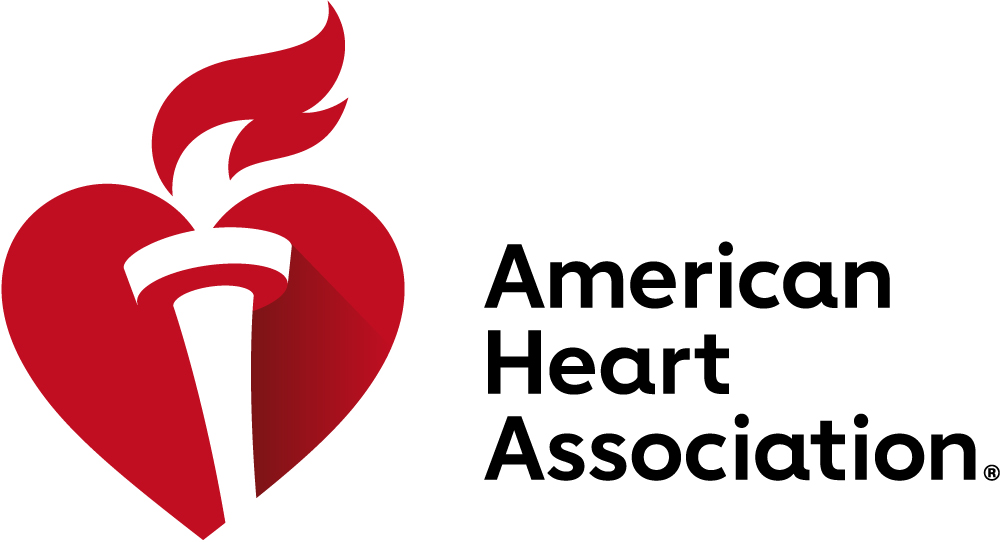New Research Shows Increase in Number of Americans with Uncontrolled High Blood Pressure

[ad_1]
Statement attributable to:
Susan R. Bailey, M.D., President, American Medical Association (AMA)
Mitchell S.V. Elkind, M.D., M.S., FAAN, FAHA, President, American Heart Association (AHA)
(NewMediaWire) – September 10, 2020 – DALLAS/CHICAGO – “The latest research published in JAMA showing that a greater proportion of Americans, particularly communities of color, were living with uncontrolled high blood pressure in 2017-2018 than previously is extremely troublesome. Despite the fact that we have more scientific evidence than ever before pointing to the devastating effects of uncontrolled high blood pressure, as well as broader access to low-cost generic medications to treat the condition, blood pressure control has worsened. Without intervention, more people will be at high-risk of heart attack, stroke, disability and death.
 “This research reinforces the need for all health care providers and their patients to prioritize blood pressure control, especially now as cardiovascular disease places people at greater risk for adverse outcomes associated with COVID-19. The data also highlight the need for us to address upstream factors, including structural racism, that continue to contribute to the greater prevalence of hypertension and lower rates of blood pressure control among Black, Latino, Asian and Indigenous populations compared to White adults.
“This research reinforces the need for all health care providers and their patients to prioritize blood pressure control, especially now as cardiovascular disease places people at greater risk for adverse outcomes associated with COVID-19. The data also highlight the need for us to address upstream factors, including structural racism, that continue to contribute to the greater prevalence of hypertension and lower rates of blood pressure control among Black, Latino, Asian and Indigenous populations compared to White adults.
“The AMA and AHA will continue to build on their collective work to ensure physicians and all Americans, especially those within underrepresented and under-resourced communities, have the health care access and support they need to control high blood pressure and reduce the burden of cardiovascular disease in the United States.”
Recognizing that high blood pressure is a major health threat to patients, the AMA developed a framework for improving blood pressure control, with online resources to make it easier for physicians and care teams to access the latest evidence-based information and they need to help manage their patients’ high blood pressure. These resources are available to all physicians and health systems as part of the AMA and AHA’s joint Target: BP™ initiative—a national program launched in 2016 aimed at reducing the number of Americans who die from heart attacks and strokes each year by urging physician practices, health systems and patients to prioritize blood pressure control.
Additionally, earlier this year, the AMA and AHA teamed up with a group of national health care organizations and ESSENCE on the Release the Pressure campaign to advocate for improved heart health with Black women.
###
About the American Heart Association
The American Heart Association is a relentless force for a world of longer, healthier lives. We are dedicated to ensuring equitable health in all communities. Through collaboration with numerous organizations, and powered by millions of volunteers, we fund innovative research, advocate for the public’s health and share lifesaving resources. The Dallas-based organization has been a leading source of health information for nearly a century. Connect with us on heart.org, Facebook, Twitter or by calling 1-800-AHA-USA1.
About the AMA
The American Medical Association is the physicians’ powerful ally in patient care. As the only medical association that convenes 190+ state and specialty medical societies and other critical stakeholders, the AMA represents physicians with a unified voice to all key players in health care. The AMA leverages its strength by removing the obstacles that interfere with patient care, leading the charge to prevent chronic disease and confront public health crises, and, driving the future of medicine to tackle the biggest challenges in health care. For more information, visit ama-assn.org.
Media Contacts:
Toiya Honoré, National Director, Communications, American Heart Association, 214-706-1456, Toiya.Honore@heart.org
Kelly Jakubek, AMA Media & Editorial, 312-464-4443, Kelly.Jakubek@ama-assn.org
[ad_2]




